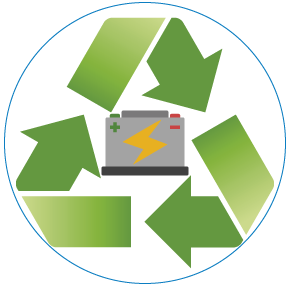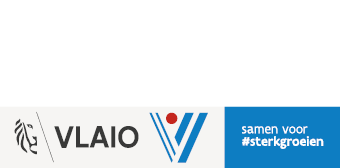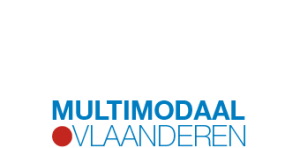Re2Live
In the intercluster project Re2Live VIL cooperates with Sirris, SIM, VITO, Flux50 and VUB to research how companies in Flanders can respond to the opportunities of the growing market of lithium ion batteries for electric vehicles. Recycling these batteries offers both challenges and opportunities for the Flemish industry and logistics sector.
status: Closed |
theme:
Green Supply Chains |
type:
Regional
This project is a part of the transition of Flanders to a circular economy. This transition leads to an increasing demand of litium ion batteries, for both mobile and non-mobile applications. The advance of electric vehicles creates a growing market for lithium-ion batteries designed specifically for this application.
There is a need of a strategy around what to do with these batteries – and the rare materials they contain – at the vehicle’s end of life. This will not only provide opportunities for the Flemish industry and logistics sector, but could also provide a solution for upcoming waste problems.
This project will research the entire value chain of car battery recycling and the applications of stationary energy storage, from an economic, technical, operational and social point of view.
The project is divided into 4 parts:
1. Logistics (VIL): A research on how the logistics of recycling these batteries can be organized efficiently, from the collection to the material recycling.
2. Automation (Sirris): A research on how to automate battery dismantling, keeping technical, practical and safety aspects in mind.
3. Optimization of the recycling process (SIM / VITO): improving current processes and implementing new ones targeting better circularity of lithium ion batteries.
4. Second Life applications (Flux50 / VUB): A research on possible re-use.
Logistic opportunities and goals
VIL will develop a business model for the collection and recycling of lithium ion batteries, for the rare materials as well as the waste residues of metal, plastics etc.
Furthermore, the opportunities for the logistics sector will be researched: from the local market, to the creation of a regional hub for the collection and processing of these batteries.
Specific activities
- Shaping the logistics chain for the collection or lithium ion batteries, at all phases of its life cycle
- Developing a business model
- Researching the legal aspects of environment and transport
- Developing a logistic concept and business case for a regional recycling hub in Flanders
- Optimizing the logistic chain, including the export of second hand vehicles and their lithium ion batteries
- Developing a roadmap for the entire supply chain

Practical details
Start: Februari 2020
Total Lead Time: 30 months
Participating companies
7 companies: Air Products, Bebat, Campine, DFDS, Honda, Lineas and Umicore.







Would you like to know more?
Contact












